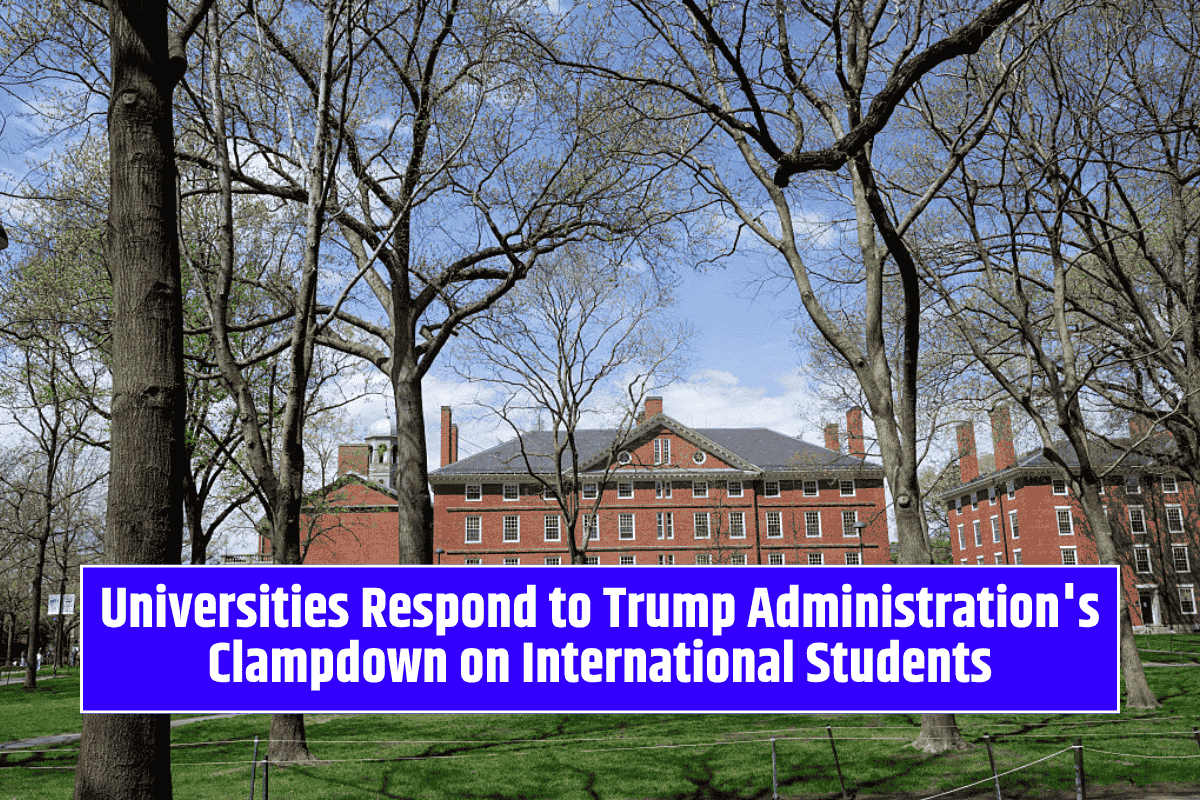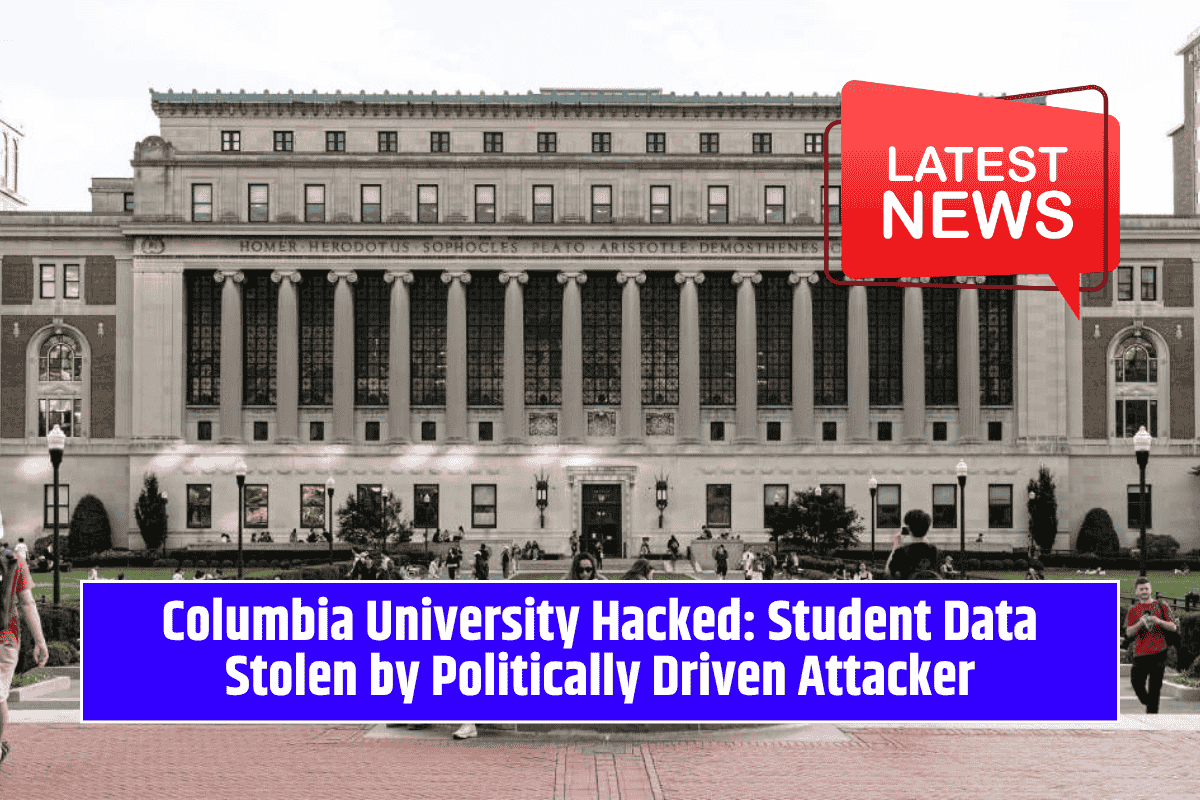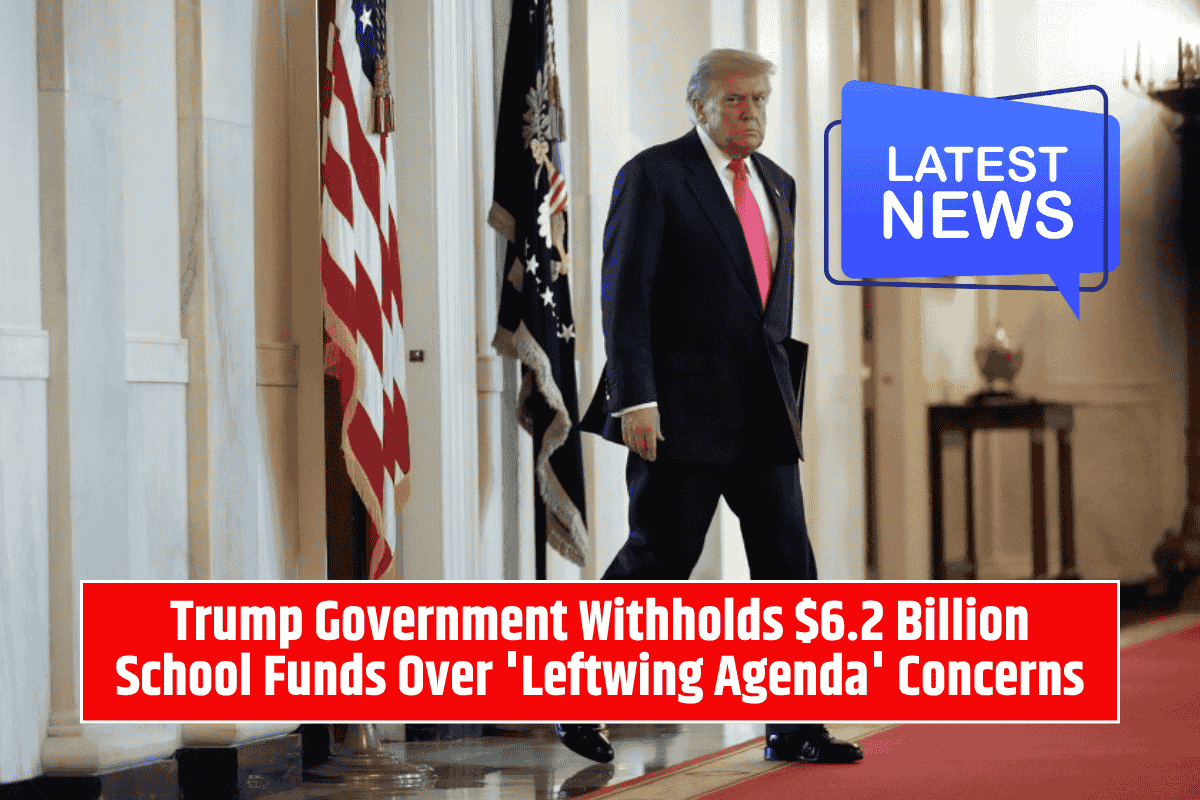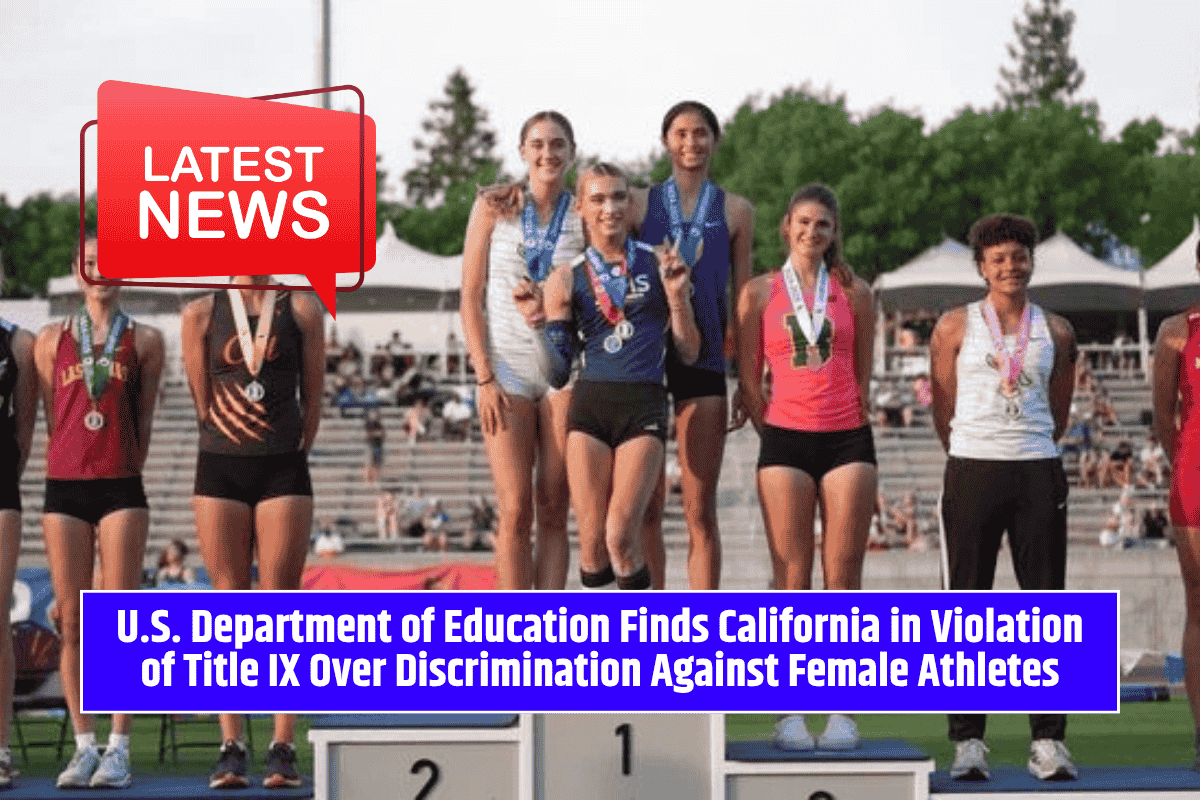The Trump administration’s efforts to target Harvard University and other higher education institutions over their enrollment of international students have sent ripples throughout the academic community.
The government has threatened to revoke Harvard’s tax-exempt status, freeze federal funding, and bar the school from enrolling international students.
As the situation escalates, universities across the U.S. have been forced to find ways to respond to these unprecedented challenges, leaving many students uncertain about their futures.
Harvard’s Legal Challenge
The Trump administration’s ban on international student enrollment came with a looming threat of funding cuts, but Harvard swiftly challenged the ban in court.
The university won an immediate injunction, temporarily blocking the enrollment restriction, but the situation remains far from resolved. This legal battle highlights the ongoing conflict between the government and academic institutions that support diversity, equity, and inclusion (DEI) policies.
Harvard is not the only university under scrutiny. As more schools feel the heat from the Trump administration, they are struggling to protect their students and faculty from the political and financial consequences of such measures.
Changing Policies and Uncertainty for International Students
The current political climate is creating a sense of fear and uncertainty for international students, especially those in competitive fields such as MBA programs.
One immediate concern is the pause on U.S. student and exchange visa appointments, with new appointments not expected until mid-June. As a result, many incoming students are unsure whether they will receive their visa in time to start their programs in the fall.
According to Nalisha Patel, the Regional Director for the Graduate Management Admissions Council (GMAC), up to 40% of incoming students may miss their visa deadlines. This uncertainty has created a volatile environment for students who have spent years preparing to study in the U.S.
Universities Take Proactive Steps to Support Students
In response to the growing concerns of international students, business schools are beginning to take action. Some are offering deferral options and support services to help students manage the uncertainty.
For example, Harvard is in talks with the University of Chicago and London Business School to offer placement opportunities for international students who are unable to study in the U.S.
Meanwhile, institutions like NYU and Hult International Business School are exploring the possibility of relocating international students to their campuses abroad, providing more options for students who may face delays or restrictions on their visas.
Patel emphasized the importance of clear communication during this uncertain period. “Information is crucial right now,” she said. “Students are overwhelmed by conflicting messages, and we aim to be a trusted advisor for them, helping to navigate the challenges and find viable solutions.”
Shift in Interest: Applicants Explore New Destinations
While the U.S. remains a top choice for many international students, the current climate is leading students to explore alternatives. French business schools have introduced fast-track application processes for international students who may no longer be able to attend U.S. institutions.
Additionally, European universities are experiencing a rise in applications, with many schools reporting an uptick in interest.
Patel noted that business schools across Europe are seeing an increase in queries, while institutions in India, such as EduCity near Mumbai, are gaining attention due to increased investment in educational infrastructure.
This diversification is reshaping the landscape of global education and providing international students with more options than ever before.
The Long-Term Impact on U.S. Higher Education
As the political situation continues to evolve, it remains uncertain what the long-term effects on U.S. universities will be. The ongoing threats to federal funding, international student visas, and academic freedom are likely to have a lasting impact on the U.S. higher education system.
Institutions are being forced to navigate the shifting landscape while attempting to protect the interests of their students and maintain their global reputation.
Esther Magna, principal MBA admissions consultant at Stacy Blackman Consulting, shared a nuanced perspective on the changing dynamics. While the U.S. remains a popular destination for international students, the rise in interest in European and Indian institutions suggests a global shift in where students choose to pursue higher education.
The Trump administration’s clampdown on international student enrollment and federal funding is having wide-reaching effects on U.S. universities and their global standing.
While some institutions are successfully challenging these policies in court, others are exploring alternative ways to support students and maintain academic excellence.
As political volatility continues to disrupt the education landscape, students and universities alike must adapt to a rapidly changing environment. The outcome of this conflict will likely determine the future of higher education in the U.S. and its role in the global academic community.






